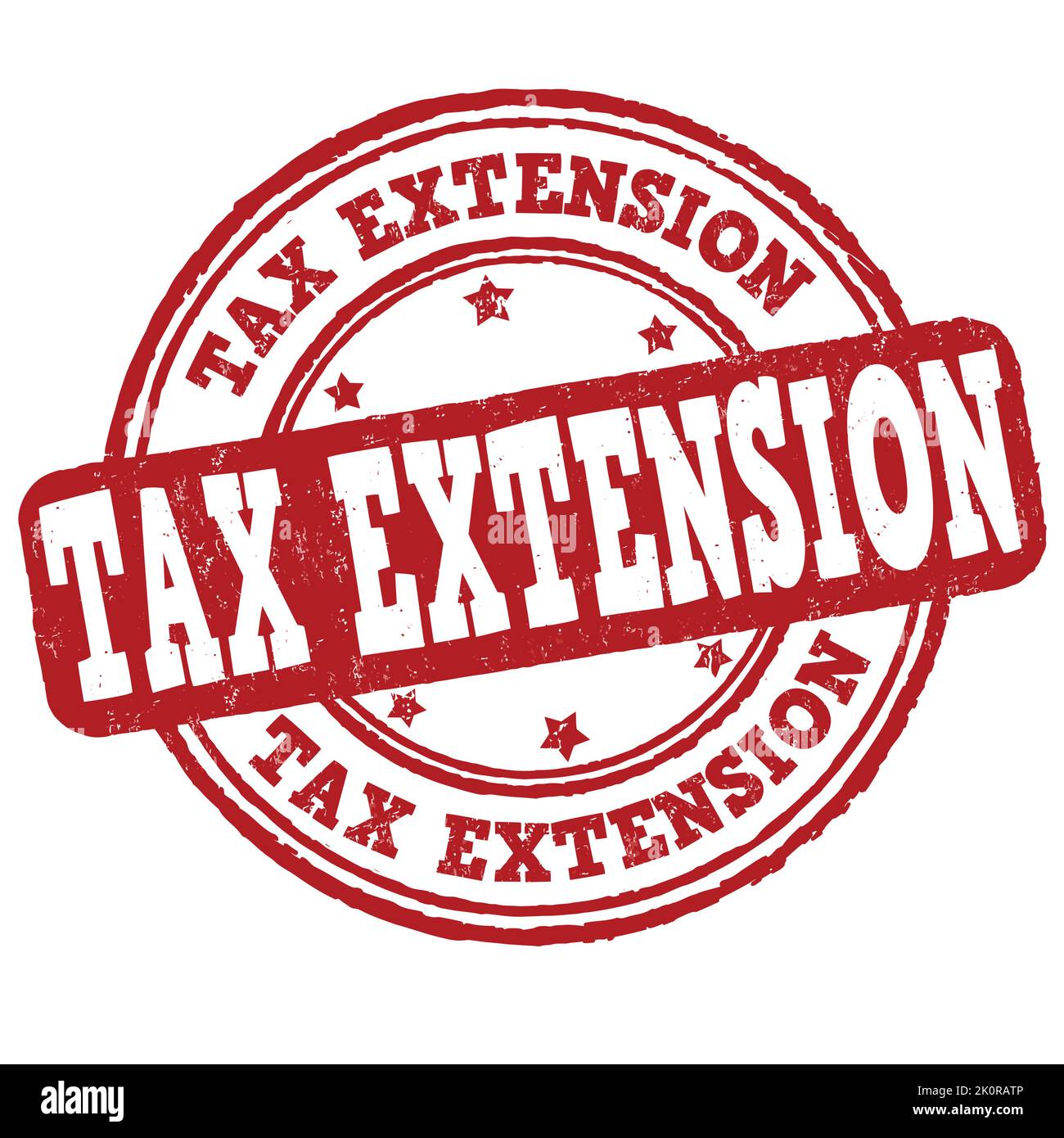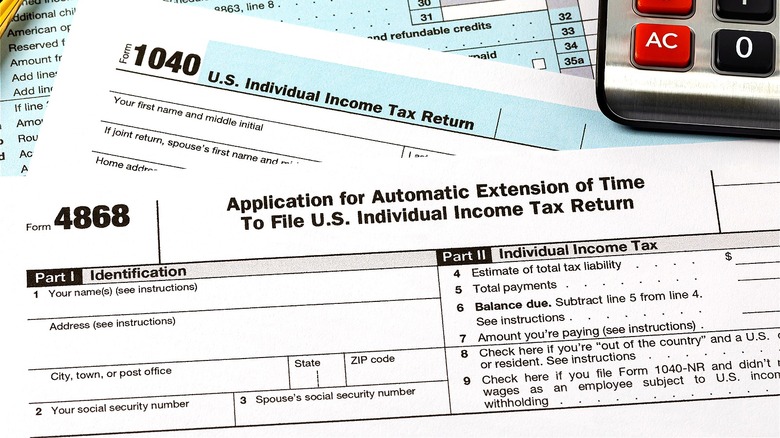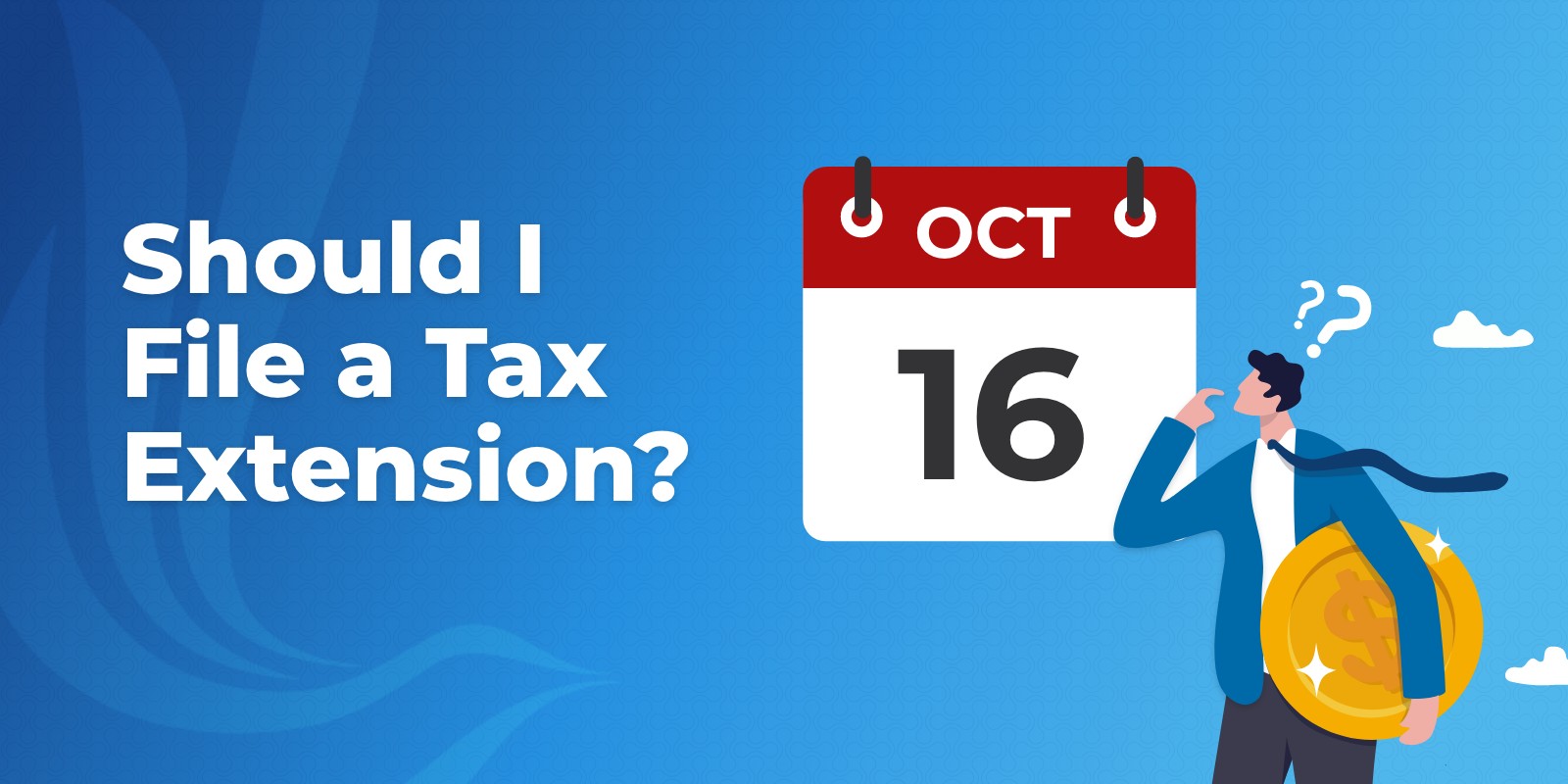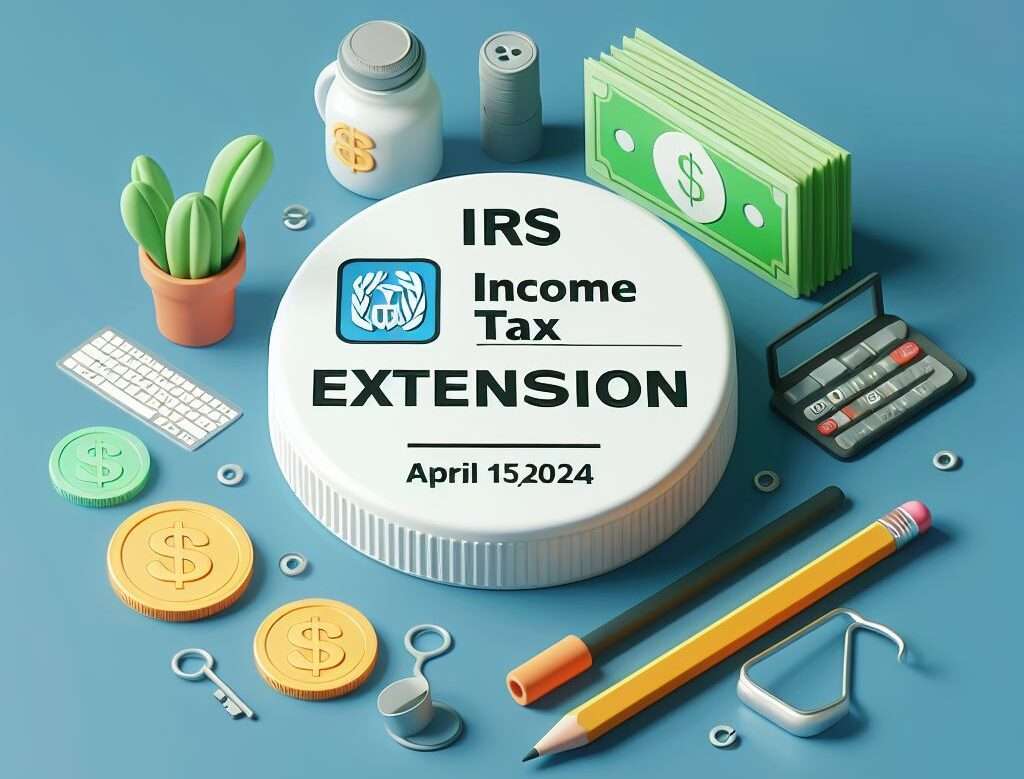As the tax filing season reaches its peak, the Internal Revenue Service (IRS) is reminding taxpayers to take immediate action to file their taxes, pay any owed amounts, or request an extension to avoid penalties and interest. With the deadline just around the corner, it's essential to act now to ensure a smooth and stress-free tax filing experience.
Why File On Time?
Filing taxes on time is crucial to avoid penalties and interest on owed amounts. The IRS imposes a penalty of 5% of the unpaid taxes for each month or part of a month, up to a maximum of 25%. Additionally, interest accrues on the unpaid amount, starting from the original due date of the return. By filing on time, taxpayers can avoid these extra charges and ensure they receive their refund promptly.
Requesting an Extension
If taxpayers are unable to file their taxes by the deadline, they can request an automatic six-month extension by filing
Form 4868. This form can be filed electronically or by mail, and it gives taxpayers until October 15 to file their return. However, it's essential to note that an extension to file is not an extension to pay. Taxpayers must still pay any estimated tax owed by the original deadline to avoid penalties and interest.
How to Request an Extension
To request an extension, taxpayers can:
File Form 4868 electronically through the IRS website or tax software
Mail Form 4868 to the IRS address listed on the form
Pay any estimated tax owed online, by phone, or by mail
Paying Owed Amounts
Taxpayers who owe money to the IRS can pay online, by phone, or by mail. The IRS offers several payment options, including:
Electronic Federal Tax Payment System (EFTPS)
Credit or debit card
Check or money order
Consequences of Not Filing or Paying
Failing to file or pay taxes can result in severe consequences, including:
Penalties and interest on owed amounts
Loss of refund
Delayed processing of tax returns
Potential audit or examination
The IRS is urging taxpayers to take action now to file, pay, or request an extension to avoid penalties and interest. By filing on time, requesting an extension, or paying owed amounts, taxpayers can ensure a smooth and stress-free tax filing experience. Don't wait until the last minute – act now and avoid the consequences of not filing or paying on time. Visit the
IRS website for more information and resources on tax filing, payment options, and extension requests.
Remember, the deadline is approaching quickly, so don't delay – file, pay, or request an extension today!





![How To File A Tax Extension | A Complete Guide [INFOGRAPHIC]](https://help.taxreliefcenter.org/wp-content/uploads/2019/03/TRC-PIN-Filing-Tax-Extension-_-A-Complete-Guide-.png)



